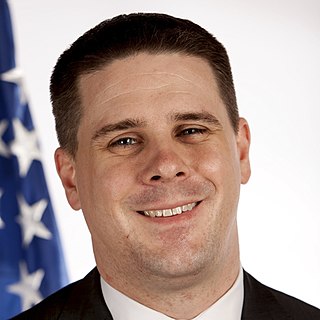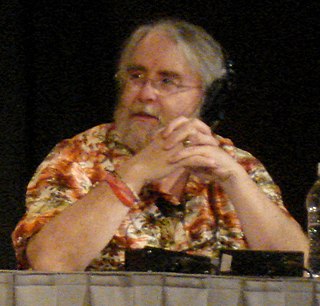A Quote by Ron Johnson
I realize the voters elected President Obama in 2012, but they also, in 2014, elected enough Republican senators to gain a majority in the Senate, so we control the confirmation process. And these are two supposedly coequal branches of government involved in this filling of a Supreme Court vacancy.
Related Quotes
The Senate was the equivalent of an aristocracy at the beginning. Senators were not even elected; they were appointed in the early days. Then that changed, and senators did become elected. But the Senate is designed to slow down out-of-control, madcap activity elsewhere in the legislative branch (i.e., in the House), and the 60-vote rule was part of that.
The notion that the Supreme Court comes up with the ruling and that automatically subjects the two other branches to following it defies everything there is about the three equal branches of government. The Supreme Court is not the supreme branch. And for God's sake, it isn't the Supreme Being. It is the Supreme Court.
With Republicans in control of the Senate for the first time since Barack Obama took office, the president may find it harder to appoint left-wing lawyers to judgeships. Whether he compromises on some of his nominees, including any to the Supreme Court, may depend on the willingness of the new Republican majority to engage the president on judicial philosophy.
Now, President Obama has to make a decision. He can either propose a nominee who can win over the majority in the Senate or defer his choice to the voters, who in November will elect a new President and a new Senate, which will be responsible for confirming a nominee who will provide balance to the Supreme Court.
The Supreme Court's most conservative Justices have presented themselves as great respecters of precedent and opponents of 'judicial activism' - of judges using the Constitution to strike down laws passed by the elected branches of government. If they are true to those principles, they should uphold rent control.
When President Donald Trump nominated Judge Neil Gorsuch to serve on the Supreme Court, I said that he deserved a fair hearing and a vote. I said this even though Senate Republicans filibustered dozens of President Obama's judicial nominees and then stopped President Obama's Supreme Court nominee, Judge Merrick Garland.
Now that Mr. Trump is the President-elect: If he chooses, he can, by executive order, repeal most of what President Barack Obama brought into existence, including the thawing of the relationship between the United States and the people of Cuba. And because there is a Republican Senate, a Republican House of Representatives, a Republican president, it is more than likely that his legislative program will be accepted; his nominations to the Supreme Court may very well be accepted.
That Republicans now control the Senate means, of course, that they control the confirmation process. Their majority enables them to stop an unacceptable nomination at various points: They can deny the nominee a committee hearing; they can vote the person down in committee; they can refuse to schedule a vote on a nomination sent to the floor; and the full Senate can vote to reject the nomination. The Republicans' majority status also strengthens their negotiating position with the White House, making it more likely that a mutually acceptable candidate will be chosen for a given seat.
Barack Obama was elected President in 2008 and re-elected in 2012. The natural thing would be to suggest money on the right [wing] doesn't really matter that much. The first thing you have to know is that the presidential elections are the ones where it's most difficult for money to hold sway, in that they're the most public elections.
When it comes to the Supreme Court, the American people have only two times when they have any input into how our Constitution is interpreted and who will have the privilege to do so.First, we elect a president who has the power to nominate justices to the Supreme Court.Second, the people, acting through their representatives in the Senate, have their say on whether the president's nominee should in fact be confirmed.































